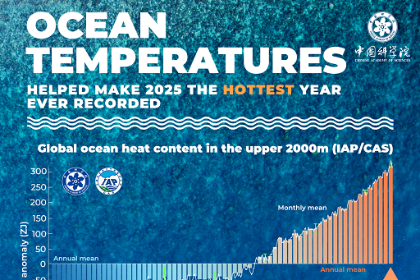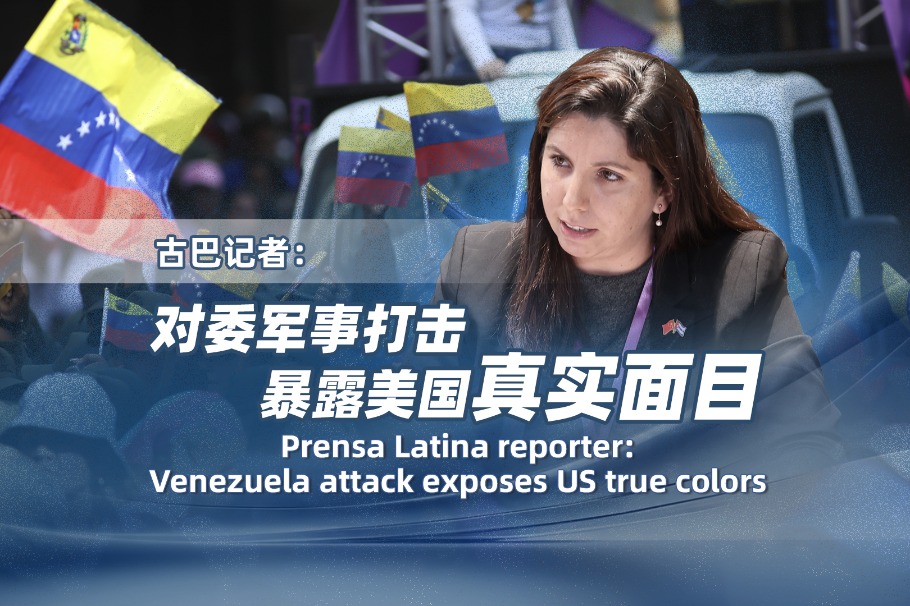Equality, respect and mutual benefit key to producing positive outcomes in London: China Daily editorial

That China and the United States held the first meeting of the China-US economic and trade consultation mechanism in London on Monday, soon after their leaders called for the meeting in their telephone talks on Thursday, shows their common understanding of the necessity with which their economic and trade relationship has to be adjusted.
Compared with their talks in Geneva last month, at which the countries struck a 90-day deal to roll back some of the triple-digit tariffs they had placed on each other, and agreed to found the consultation mechanism, the London meeting is built on what should be the more solid base of the two leaders' exchanges.
That the US leader, apart from acknowledging the results of the Geneva meeting, stressed to his Chinese counterpart that the US wants the Chinese economy to do very well, and the two countries working together can get a lot of great things done, has served to raise expectations for the London meeting; with hopes that it can help to some extent ease the tensions between the two largest economies, thus injecting more certainty into the world economy.
Notably the inclusion at the London talks of US Commerce Secretary Howard Lutnick, whose agency oversees export controls for the US, is believed to be conducive to the two sides exploring the possibility of seeking certain breakthrough in that regard.
If Lutnick's involvement can prompt the US to ease its export restrictions against China, which have prompted the latter to retaliate by restricting exports of key mineral materials, including rare earths, it will create the necessary conditions for the two sides to divert their focus from lowering tariffs to disentangling their knotty differences on trade, particularly in some strategic sectors.
So whether any substantive outcomes will be achieved at the London meeting hinges on the US side demonstrating "genuine goodwill" and taking concrete steps to undo what it has done to China by unlocking the chains and shackles it has imposed on bilateral trade ties.
China's stance has remained consistent — it is always open to maintaining cooperation and resolving differences through consultations, but it will safeguard its legitimate rights and interests.
An important reason why the Chinese side has reiterated, be it before the Geneva talks or the London meeting, that it is imperative for the US side to demonstrate its sincerity and willingness to take concrete actions, is that it realizes that until the US accepts that its "art of the deal" doesn't work with China, their talks and meetings will continue to be a periodic respite in a vicious cycle.
For too long the US has suffered from the illusion that China is no exception to the countries that succumb to its carrot-and-maximum pressure approach. If the US side still harbors that fantasy that China is no different, it will lead their engagement nowhere.
The resolution of their trade disputes must be a two-way street, so the US side needs to discard its zero-sum game and adopt a realistic approach grounded in equality, respect and mutual benefit.
That being said, in a highly inopportune move contradicting the US side's claimed earnestness for talks, the US Department of Commerce recently suspended licenses for nuclear equipment suppliers to sell to China's power plants, according to a Reuters report.
Nuclear equipment suppliers are among a wide range of companies whose sales have been restricted over the past two weeks, indicating the US is intent on throttling China's supply chains in strategic sectors, even while talking tariffs.
However, in a stark contrast with these restrictive moves of the US, China has recently granted temporary export licenses to rare earth suppliers for the US automakers, demonstrating its faithfulness to fulfilling its obligations in the Geneva consensus, as well as its goodwill to the US side for the London meeting.
If the US is really intent on replacing its tariff exploitation against China with a new containment game in key industries, after having its nose bruised by China's countermeasures in the former, it is actually trying to create new difficulties for the London meeting and setting itself new traps.
The Sino-US relationship is at a critical juncture. The US side should work with China to implement the important consensus reached during the telephone call between the two heads of state, revoke the erroneous measures taken against China, and create the necessary conditions for China-US relations to return to the right track.


































